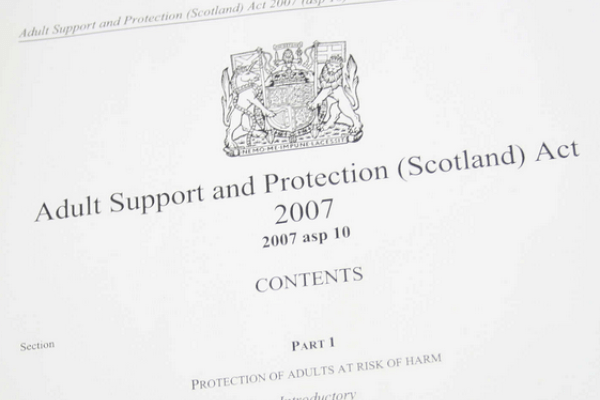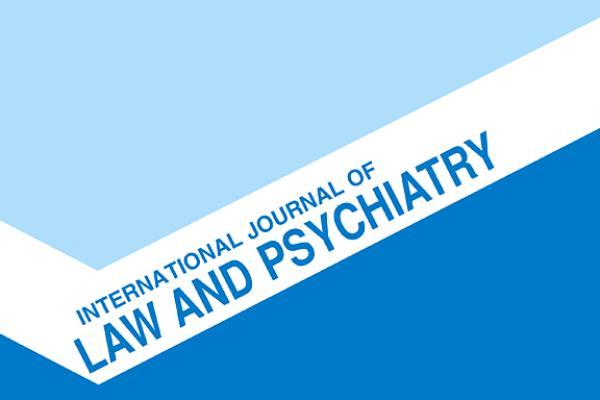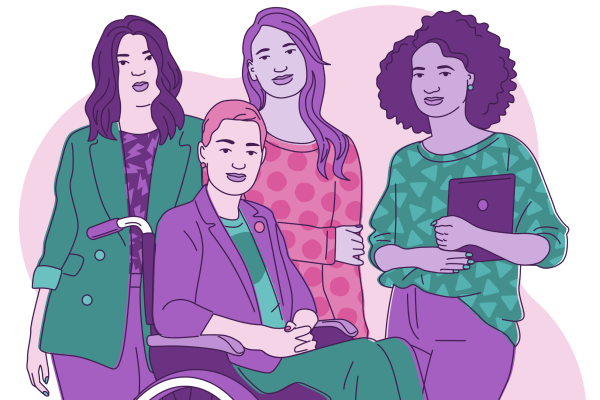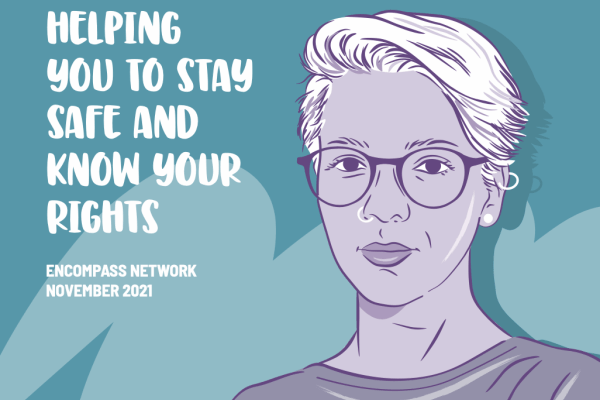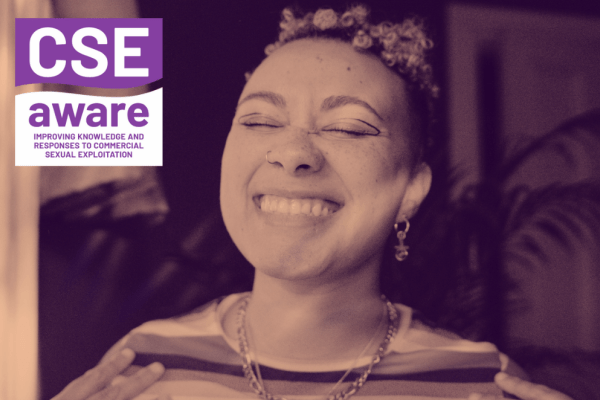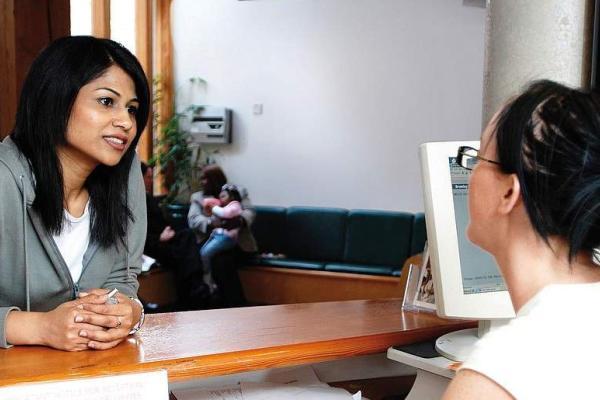Adult Support and Protection (Scotland) Act 2007
The Adult Support and Protection (Scotland) Act 2007 is the key piece of legislation relating to the protection of adults at risk of harm and neglect in Scotland.
There is a Code of Practice to support practical application of the Act.
The Act was passed by the Scottish Parliament in February 2007 and received royal assent on 22 March 2007.
